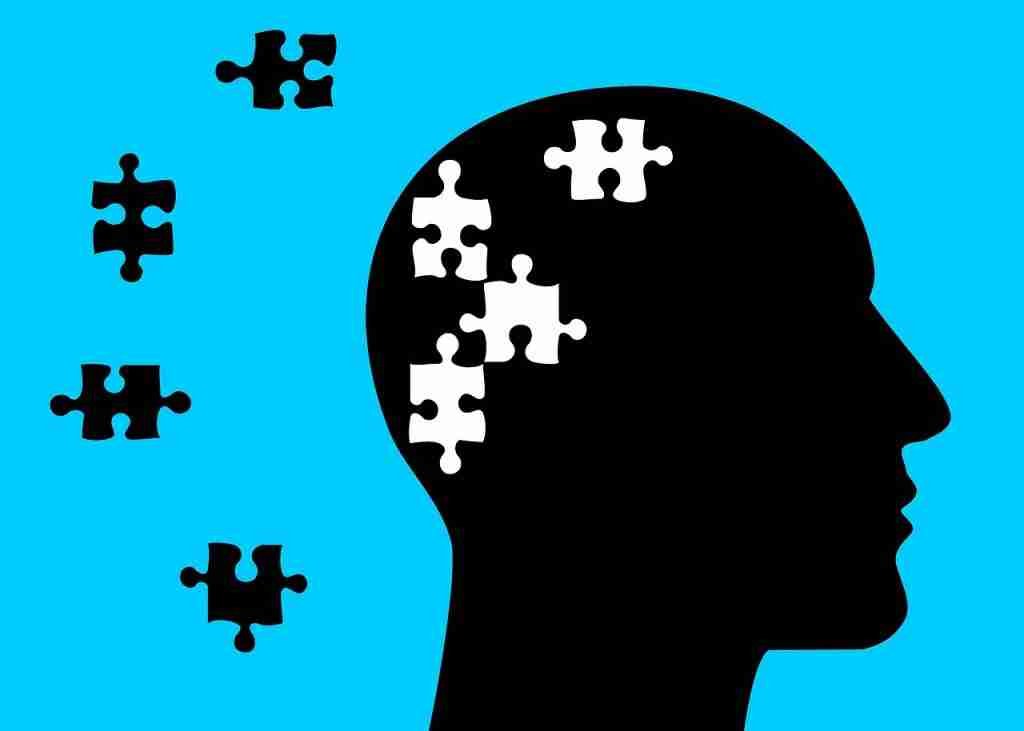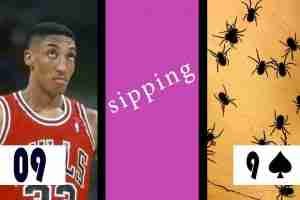It started about a year ago. While skimming through TedTalks, I came across one by Josh Foer. What he discussed was weird and new and exciting — at least to me.
Like so many other people, I assumed that we were born with the gift of a good memory or we weren’t. No one ever said, “It’s time to learn how to make your memory better.” But then Foer shattered that belief.
Josh Foer's TedTalk
After watching Josh’s TedTalk, I wanted to know more. Naturally, you’d think the next logical step would be to read his book, Moonwalking with Einstein. But no, that’s not where I went. While I did read Josh’s book later — and it is a fantastic book! — I ended up finding Kevin Horsley’s Unlimited Memory first.
I’m glad that this was where I started. Horsley explains so many essential principles of memory in an accessible way. It’s where I learned about linking, the pegging system, memory palaces, and the major system. His writing keeps the reader engaged while providing plenty of information.
From there, I went on to read John Medina’s Brain Rules, which is a masterfully written book about how the three pounds of stuff in our heads work. Afterward, I read books on focus and concentration, speed reading, goal setting, and anything else related to accelerated learning. Some of it was great — some of it was questionable. Very questionable. A couple of books were even bizarre (Dr. Joe Dispenza, I’m looking your way).
There is still plenty that I want to read. I’ll continue through my long backlist of books, but there are two things that I want to do. First, I think it’s important to develop material to show students how to improve their learning. Focus, memory, and speed reading are just three things that will help struggling students find some joy in learning.
I’ve been teaching for fifteen years. In the last few years, I’ve developed the belief that our system of education needs improvement. Primarily, it needs improvement in the area of learning to learn. We’ve dumped memorization from the classroom because memorization by rote sucks. It’s difficult and time-consuming. But memorization using a world champion’s techniques makes it fun and exciting. The creativity that’s involved with this kind of memorization should make the experience of education better. Finding success because of these skills will help students in so many ways.
Second, I want to compete in memory competitions or at least train for them. I’m a bit older than most competitors out there, but that’s not a big deal — at least not in Canada. And certainly not on the Ontario circuit. I’m not saying that Ontario’s field of memory athletes lack the pizzaz of Yanjaa or Alex Mullen, but mumble mumble mumble. Sorry, I trailed off. I’m older than most competitors out there, you know.
So, that’s going to be my journey for a little while: practicing memory and developing new material along the way for my students. It’s a challenge that I look forward to and one that I’ll blog about. Wish me luck!







